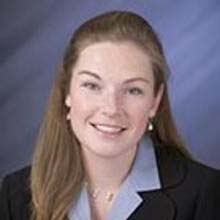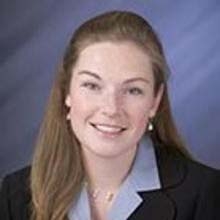Time Is Running out to Provide Input on e-Discovery in the District of Colorado; Responses Due October 31
Colorado litigants and their attorneys are no strangers to e-discovery and its challenges. During the month of October, attorneys practicing in the United States District Court for the District of Colorado have a unique opportunity to provide input on this important topic.
Traditionally, the scope of discovery in our court system has been expansive. In this digital age, much of the information that is subject to discovery exists in electronic form. The discovery of electronically stored information or "ESI" has been said to stand on equal footing with the discovery of paper documents. In other words, subject to certain limitations, relevant information is discoverable regardless of whether it exists in paper or electronic format. Yet, the volume and dynamic nature of ESI presents unique challenges to litigants and our court system. As just one example, an automatic delete function for email or the scheduled rotation of a back-up tape can result in the inadvertent destruction of information relevant to a case. The so-called "data deluge" presents another challenge. Simply put, the volume of ESI in the possession of even a single person can be staggering and can render litigation cost prohibitive.
Federal and state courts across our nation are attempting to address these considerations and concerns through a variety of mechanisms. Over thirty federal courts have addressed e-discovery and ESI at the local level. The approaches taken by courts to e-discovery vary widely and include local rules, standing orders, and pilot projects.
The e-discovery task force for the District of Colorado is examining this important issue. Throughout the month of October, the task force is conducting a survey of attorneys practicing in the District of Colorado regarding electronic discovery. All attorneys registered with the court's electronic filing system (ECF) should have received an email from the court inviting them to participate and providing a link to the survey. Through the survey, attorneys may provide input on their experience with e-discovery as well as any concerns. Most critically, attorneys will be asked whether they would like to see our court adopt a special rule, guideline, or model order to address e-discovery and if so, which subjects should be addressed. Survey results will be collected and analyzed by Corona Insights, an independent survey company, and will remain anonymous.
Time to participate is running out. Survey responses will be collected through October 31, 2012. All attorneys practicing before the District of Colorado are strongly encouraged to complete the survey they received.
Questions regarding the survey may be directed to Ms. Woller or to Kevin Raines of Corona Insights at (303) 894-8246.


